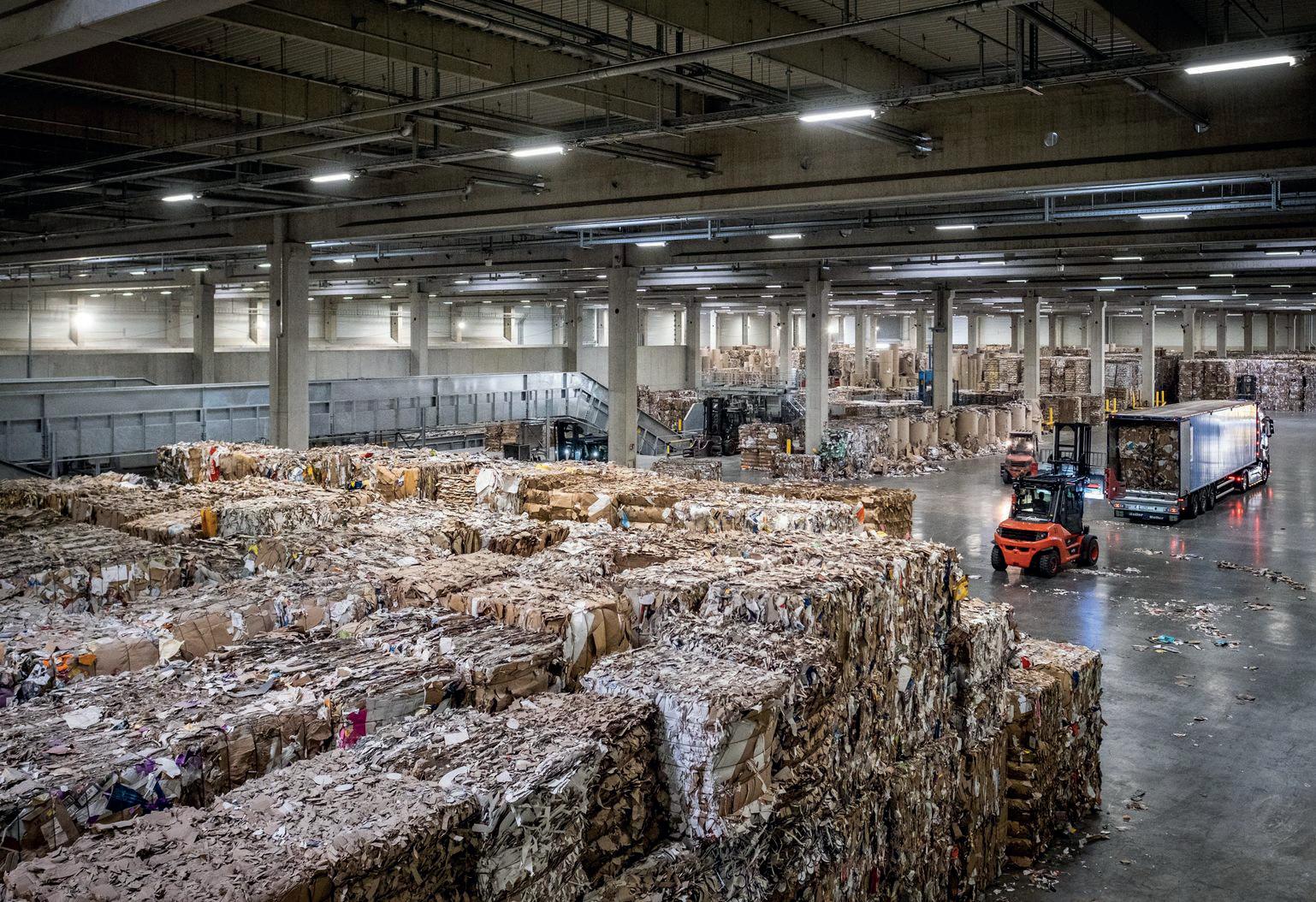
1 minute read
Voith’s innovative pulp concept cuts energy consumption at Palm
As a cornerstone of its sustainability programme called ‘Papermaking for Life’, Voith has set a goal of reaching a 90 per cent recycling rate by 2030 through new fibre streams and an optimised recycling process.
Part of this is an innovative pulping concept that reduces energy consumption by more than 30 per cent compared to conventional systems. In particular it is designed for pulping special raw materials.
Advertisement
At German paper manufacturer Papierfabrik Palm, Voith’s pulping technology is already operating profitably as a pilot project. The stock preparation system is designed to produce 500 tons per day and enables Palm to save 1,000 MWh of energy per year. In addition, high accept consistencies are possible, which leads to advantages in downstream processes.
Stephan Gruber, technology chief at Palm, is impressed by the new process: “Voith’s innovative stock preparation system has started up very well. Thanks to Voith’s tailormade concept, expertise and professional support, we were able to achieve and even exceed the performance targets within a very short time. In the area of sustainability, the technology takes a top position and is a good tool to further increase our resource efficiency and achieve our goals.”
The idea behind the optimised recycling process links two pulping technologies. This involves continuous HC pulping in a trough with a horizontal pulping shaft and downstream screening section. At Palm, it is installed in a separate line for pulping processing waste and reject rolls and is already in continuous operation. The pulping of standard raw materials with increased dirt loads has already been successfully tested. Sustainability gets special emphasis in all such projects at Voith. Wolfgang Mannes, Voith’s senior expert for R&D in Fiber Processes, explains: “In various load tests at Palm, we had very positive experiences with the pulping result and the robustness of the concept. The specific pulping energy is also more than 30 per cent lower than in conventional dissolution systems – a big step towards improved sustainability.”
Steffen Bassmann, director of product management for Fiber Systems at Voith Paper, summarises the achievements: “In the light of limited raw material availability and challenging sustainability targets of the entire paper industry, we are already seeing clear interest from the market.
“Palm’s results are promising,” adds Bassmann. “We are further optimising the concept, especially with regard to its use for difficult-to-dissolve and coated recovered paper grades, for which mostly discontinuous HC pulpers are used today.” l More about paper manufacturer Papierfabrik Palm: see page 16.








